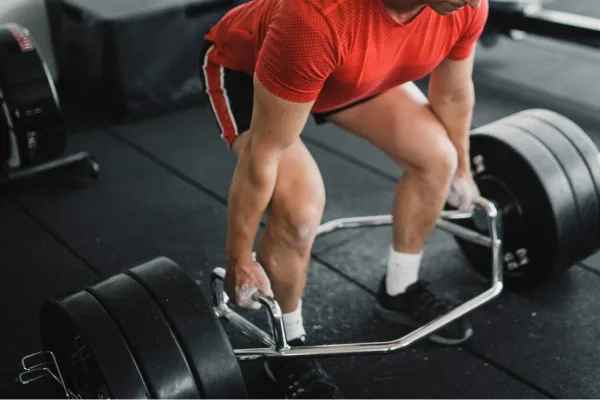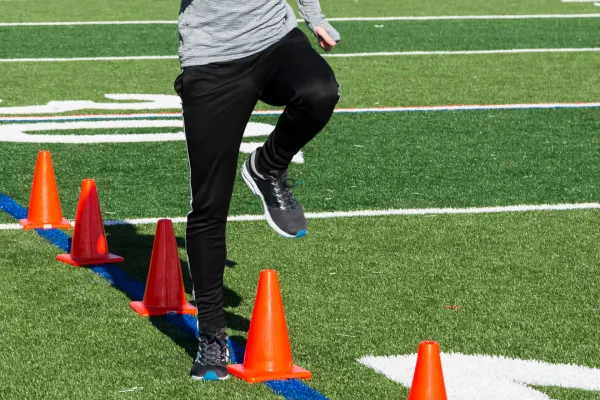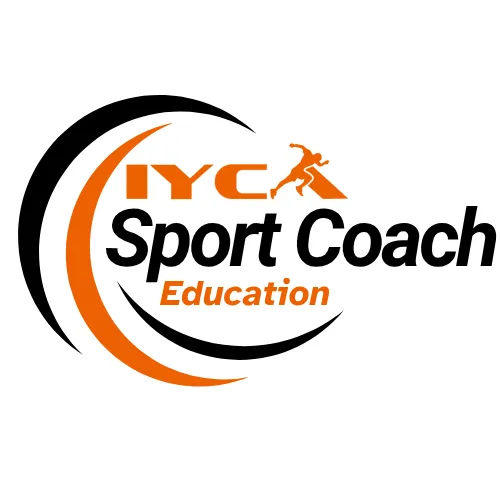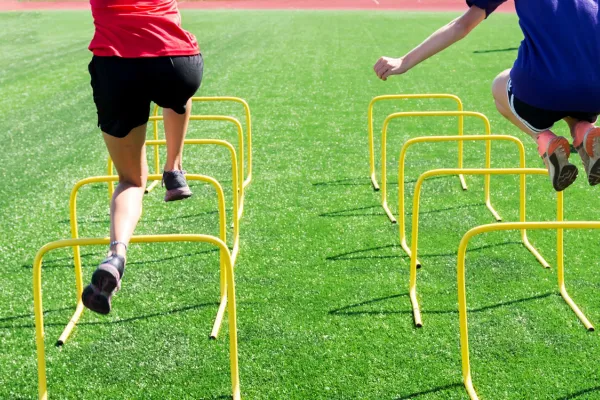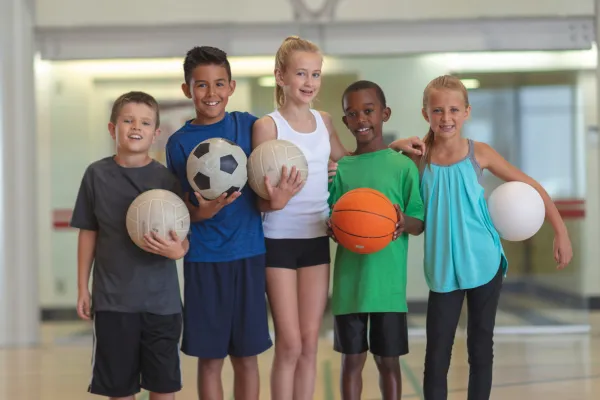
How to Really Know You’re Setting Up Athletes for Success
Success in youth sports is often painted in wins, stats, and scholarship offers. But let’s pause for a moment and ask the deeper question:
What does real success look like for a young athlete?
At its core, it’s not about creating the next superstar. It’s about shaping confident, capable, and resilient young people who carry their love of sport—and the life skills it teaches—well into adulthood.
In this blog, we’ll explore what it really means to set your athlete up for success and how you, as a coach or parent, can ensure you’re doing exactly that.
3 Pillars of Long-Term Athlete Success
1. Physical Literacy Comes First
Before any athlete becomes great at their sport, they need to become great movers. Physical literacy means having the fundamental movement skills—agility, balance, coordination, and speed—that lay the foundation for all athletic development.
Ask yourself:
Are my athletes developing basic movement skills before sport-specific techniques?
Do I create environments that promote exploration, not perfection?
Why it matters: Research shows that early sport specialization can lead to increased injury risk, burnout, and even dropout. Athletes who are encouraged to play multiple sports and focus on broad-based movement competency tend to stay in the game longer and reach higher ceilings later on.
Our Role as Coaches: Create practices and programs that emphasize movement variety. Run, jump, crawl, throw—give them time to build athleticism without the pressure of performance.
2. Mental Strength is Trainable (and essential)
Confidence isn’t something you’re born with—it’s something that can be built. Mental strength, emotional regulation, focus, and grit are trainable just like speed and skill.
Ask yourself:
Do I help athletes bounce back from mistakes, or do I reinforce fear of failure?
Do I reward effort, curiosity, and growth—or only outcomes?
Why it matters: Athletes who fear making mistakes tend to play tight, overthink, or underperform. Those who are encouraged to embrace failure as part of learning will take more risks—and learn faster.
Our Role as Coaches: Normalize struggle. Use failure as a teaching moment. Teach athletes how to reset with a breath, reflect with intention, and get back in the game with confidence.
3. Belonging and Emotional Safety Matter
An athlete who feels emotionally safe is more likely to thrive, take risks, and form strong connections with coaches and teammates. Yet emotional safety is often overlooked in favor of toughness and discipline.
Ask yourself:
Do all my athletes feel seen, heard, and valued?
Is my team culture one of trust and respect?
Why it matters: Athletes perform better when they feel safe to express themselves, ask questions, and be vulnerable. This doesn't mean lowering standards—it means raising the bar on how we treat each other.
Our Role as Coaches: Build relationships. Celebrate small wins. Address poor behavior without shame. And most importantly, model what respect looks like.
How Do You Know You’re Doing It Right?
Here are some powerful indicators:
✅ Your athletes are still playing the sport a year later.
✅ You see growth in their character, not just their skillset.
✅ Former athletes reach out years later, grateful for how you shaped them.
✅ Parents talk about how much more confident and independent their child has become.
✅ Your team culture is positive, inclusive, and filled with mutual respect.
If you're seeing these signs, you're doing far more than coaching—you’re mentoring.
The Tough Questions Every Coach Must Ask
Sometimes growth means confronting the hard truths.
Am I coaching for the athlete’s development—or for my own validation?
Am I focused more on winning than on learning?
Do I hold space for athletes to be human—not just performers?
The best coaches stay humble enough to ask these questions regularly. Your self-awareness will directly impact the type of environment you create.
5 Practical Steps to Start (or Continue) Doing This Well
Audit Your Program
Is your training developmentally appropriate? Do your systems reflect the long-term vision, or are they built for short-term wins?Create Feedback Loops
Regularly ask athletes and parents: What’s working? What’s not? What do you need more of? This builds trust and keeps you aligned with their needs.Build in Mentorship
Encourage leadership roles, team mentorships, and peer support. Older athletes can set a tone that coaches alone can’t always carry.Invest in Yourself
Great coaches are lifelong learners. Read books. Take courses. Connect with mentors. The more you grow, the more your athletes will too. You cannot coach beyond your level of development and education. If becoming a Certified Coach is your next step, we invite you to check our our time-tested, evidence based options.Track the Right Metrics
Are you measuring growth, effort, and mental development—or just wins and losses? Consider how success is defined in your team culture.
Special Consideration: Coaching Female Athletes
Female athletes often face unique pressures: early puberty, body image concerns, hormonal cycles, and societal expectations. These factors impact performance, confidence, and retention in sport.
What you can do:
Normalize conversations about their bodies and well-being.
Educate them on energy availability, rest, and strength—not just aesthetics.
Advocate for environments that are supportive, not shame-driven.
Empowered female athletes stay in the game longer and build confidence that lasts a lifetime.
Ready to Take Your Coaching to the Next Level?
If this blog sparked reflection or affirmed your mission—don’t stop here.
Get certified with the International Youth Coaching Association (IYCA) and gain the tools, science, and strategies to confidently support long-term athlete development.
Whether you’re working with beginners or elite youth athletes, IYCA certifications are designed to elevate your impact.
Learn more and get certified today:
Certifications
Certified Athletic Development Specialists (CADS)
Certified Speed & Agility Specialist (CSAS)
Youth Nutrition Specialist (YNS)
Youth Athletic Assessment Specialist (YAAS)
High School Strength & Conditioning Specialist (HSSCS)
Because the best coaches never stop learning—and the athletes you serve deserve your best.
It’s time to raise the standard.
Coach Julie Hatfield-Still
About the Author:
Julie is an Author, CEO and Coach. She is the Brand Executive at the IYCA, the President & Founder of the Non-Profit Beyond The Game Alliance where they offer a full suite of workshops and support for teams, coaches and parents. In addition to her work as a business consultant and coach of coaches, leaders and entrepreneurs.
Julie is a Speed Development Specialist and Inner-Game Coach at the college, high school and youth levels.
Visit Julie’s Author Page



